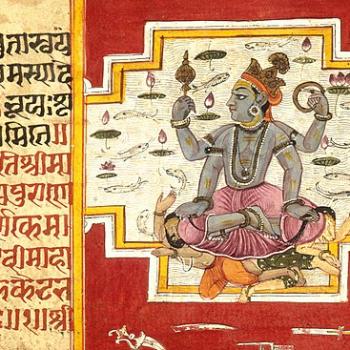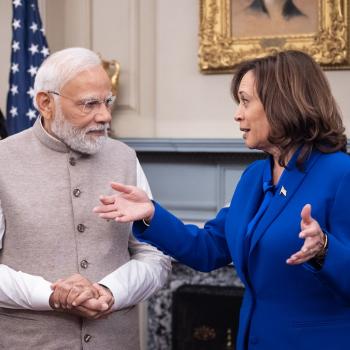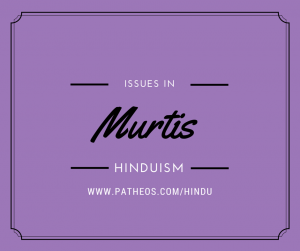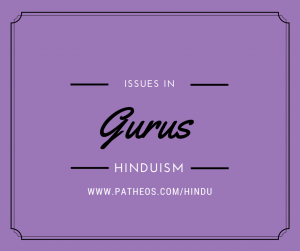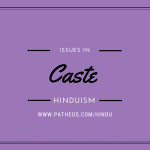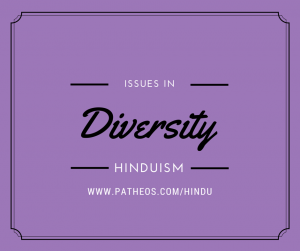 There are a lot of things people could criticize any religion for. They range from silly to quite serious. One thing I can’t understand as a criticism of Hinduism: that it encompasses a variety of practices.
There are a lot of things people could criticize any religion for. They range from silly to quite serious. One thing I can’t understand as a criticism of Hinduism: that it encompasses a variety of practices.
Too much diversity? How is this a problem?
Diversity is usually a sign of health. Diverse genes are healthier than inbreeding (look at the health issues purebred dogs develop, for example). Three sisters planting nurtures the soil, while mono-cropping strips it. Eating a variety of foods is healthier for you than eating macaroni and cheese every night. Dozens of tiny little shops selling various items signifies a better economy than one box store with no competition.Whether it’s a meadow full of wildflowers or a rain forest or just the various species of birds or insects or the infinite sky of worlds within worlds, Nature Herself seems to love diversity.
When humans seek to simplify things by reducing them to their simplest form and standardizing them, they almost always screw things up. So when we take vitamins without their context of the foods they’re found in, we don’t get enough benefit from them. Or when we stop growing almost every variety of banana except one, a single virus could threaten the entire world’s supply of bananas. Or when every screenwriter in Hollywood has read that one manual with the Hero’s Journey mapped out onto the three-act structure and we’re doomed to watching the same story retold infinitely.
Try as I might, I can’t see how diversity is a flaw in Hinduism. It’s a strength.
We are each unique and different spiritual practices “work” for each of us. I know there are religions that prescribe one practice for all adherents: at the same time of day we will all face the same direction and make all the same gestures while all saying the same words. If that’s what you like, have at it, but not everyone is going to get the same benefit from it. It stands to reason that millions of people are just going through the motions, just as millions show up at places of worship once a week to stand or sit or kneel and recite whatever they’re supposed to recite before they can go watch football. Meanwhile, people around them are profoundly moved by the service.
I don’t think it makes any sense for each of the individual humans on earth to approach the Divine in the same way. I have only two children, but I have completely different relationships with each. Because they are unique individuals, our relationships are unique. One of my sons is philosophical and enjoys long, thoughtful conversations. My other son gets bored right away with stuff like that and is often playfully joking around. My tone is more serious with my more serious son and I’m more playful with my more jovial son. Since Deity is infinite, while I’m limited, I think the Divine must be more capable than I am of meeting people where they are.
My guru has a big fat book of instructions and rituals for all situations in life, whether it’s getting married, having children, moving to a new home. There are specific pujas for different occasions as well as advice in a question-and-answer format that is based on actual questions and answers when the rituals were taught in class. One of the questions has to do with what to do if a married couple has “different spiritual paths, can we create a totally new tradition that works for both people?” The answer says in part:
Absolutely! That is the objective! Every individual has his own path or her own path…There are so many possibilities to unite various traditions into your family traditions.
I also remember reading once a rabbi saying the same thing: that we each have our own unique path to the Divine. I truly believe this. Whether you prefer lots of color and sound and smells or whether you prefer quiet serene meditation; whether you sing or chant or pray or read or just sit; whether you use dozens of images or none at all; whether you celebrate tons of holidays or few; no matter what your personal worship preference (or preference not to worship), there is a legitimate place for that preference.
No matter how I look at it, I can’t see the multitude of individual paths within Hinduism as an argument against it. If anything, I can see the echoes of its main paths (bhakti, jnana, and karma yoga) in other religions.



